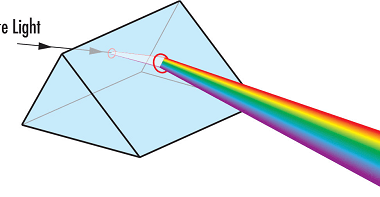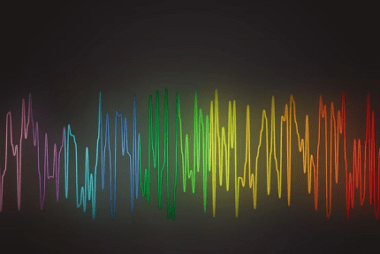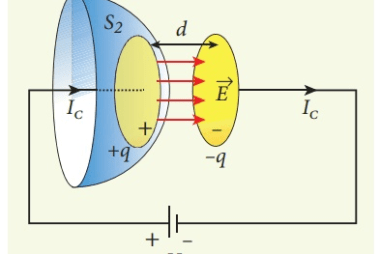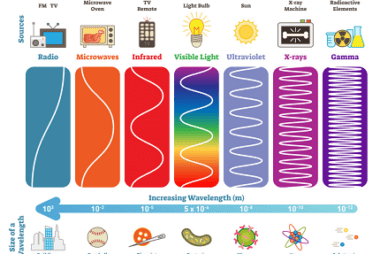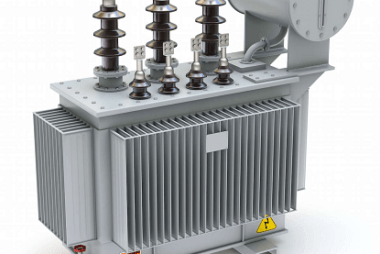Crash Course AIIMS-SYLLABUS Physics syllabus Spherical mirrors
Spherical mirrors Here are some key concepts related to spherical mirrors that are typically covered in physics courses: These are some of the fundamental concepts related to spherical mirrors in physics. To get a more comprehensive understanding of the topic, I recommend referring to your course materials, textbooks, or online educational resources specifically tailored to…


